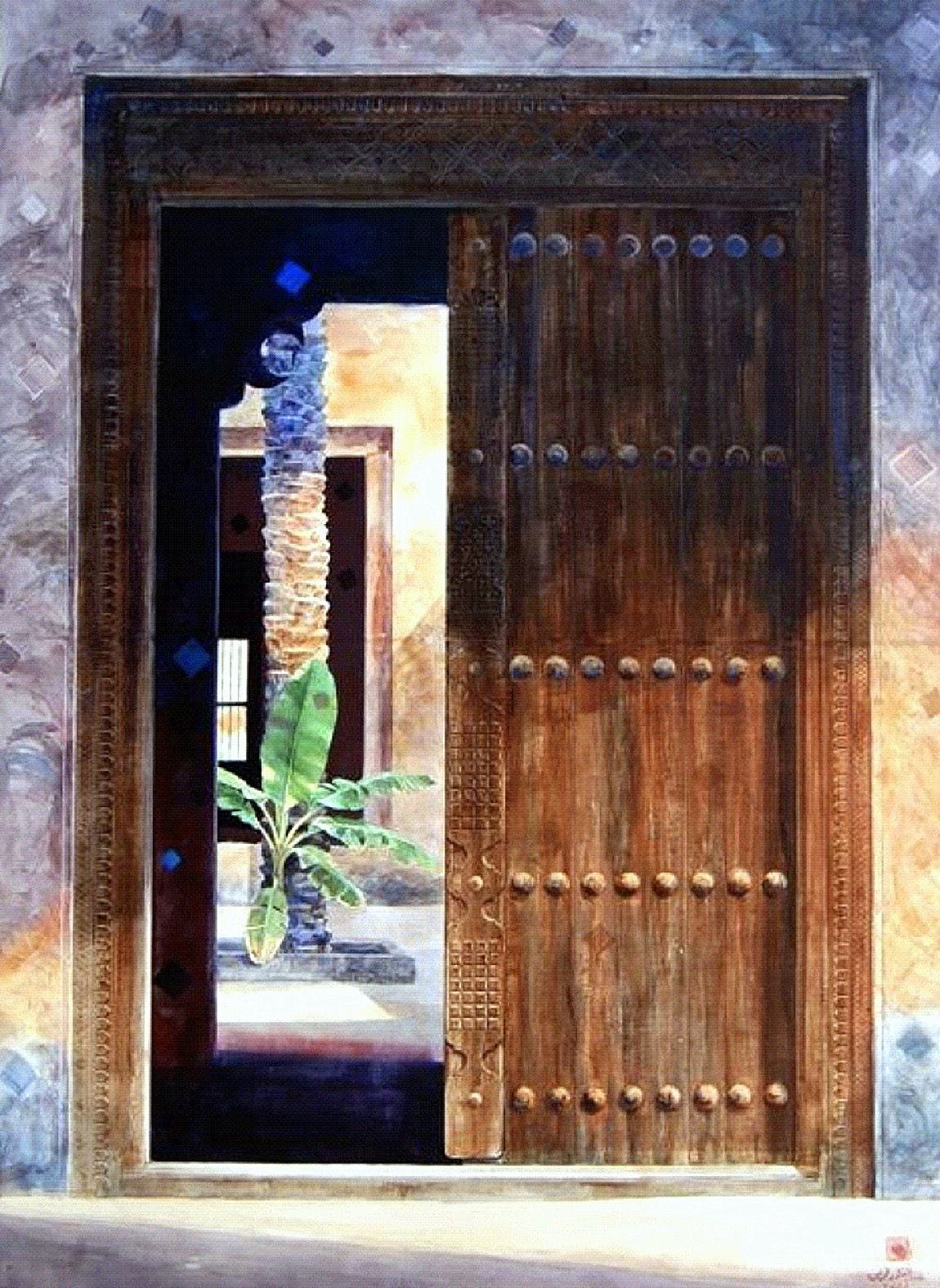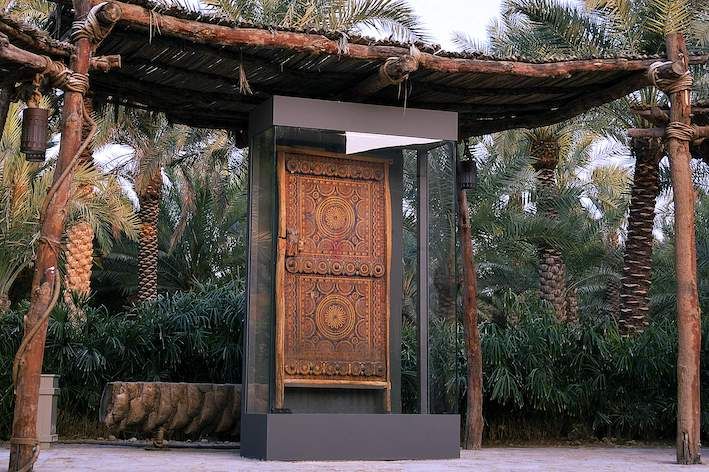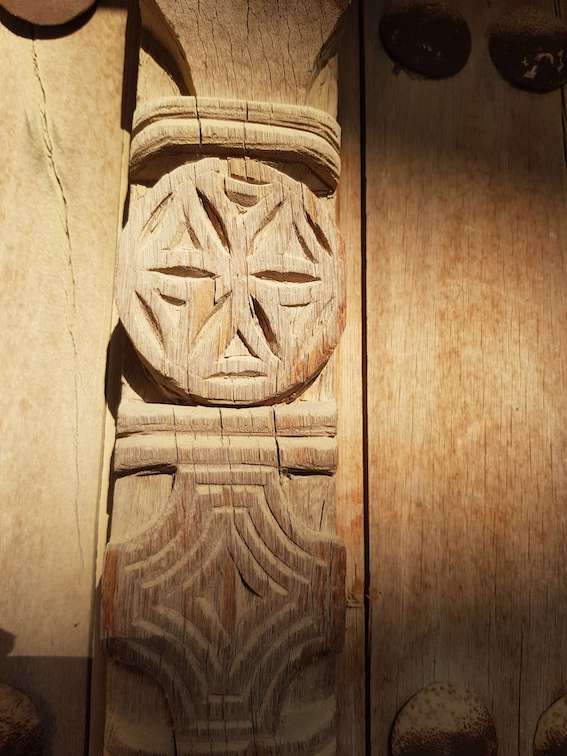When Books Open Doors
Photo by Mohammed H Abualsaud.
Over the next few editions, we will share here books (that can be found in English and Arabic) that open new doors of perspectives, build bridges of understanding, and inspire cross-cultural conversations.
We hope you enjoy discovering and rediscovering these books. The same book may inspire new thoughts and a different personal story depending on the stage in life, the time, and the mindset at the time of reading.
By Antoine de Saint-Exupéry
It is one of the most translated books in the world and continues to be one of the world’s most-read books, as its story is timeless and continues to teach us lessons about life and about ourselves. Published in 1943, every generation of readers finds something that resonates with them when they read about the prince who traveled to planet Earth and taught us to see the world around us through a lens of compassion, wisdom, kindness, and innocence. The author, a pilot himself, writes about a pilot who meets this strange child in a remote desert, and they exchange ideas, stories, and moments that tug at the heart and make us all pause and reflect on our own thoughts and expectations. It is a book that opened our eyes and opened the door to our hearts. Many lessons are learned, such as caring for the environment, with one of the most profound sentences written that goes: “It is only with the heart that one can see rightly; what is essential is invisible to the eye..”
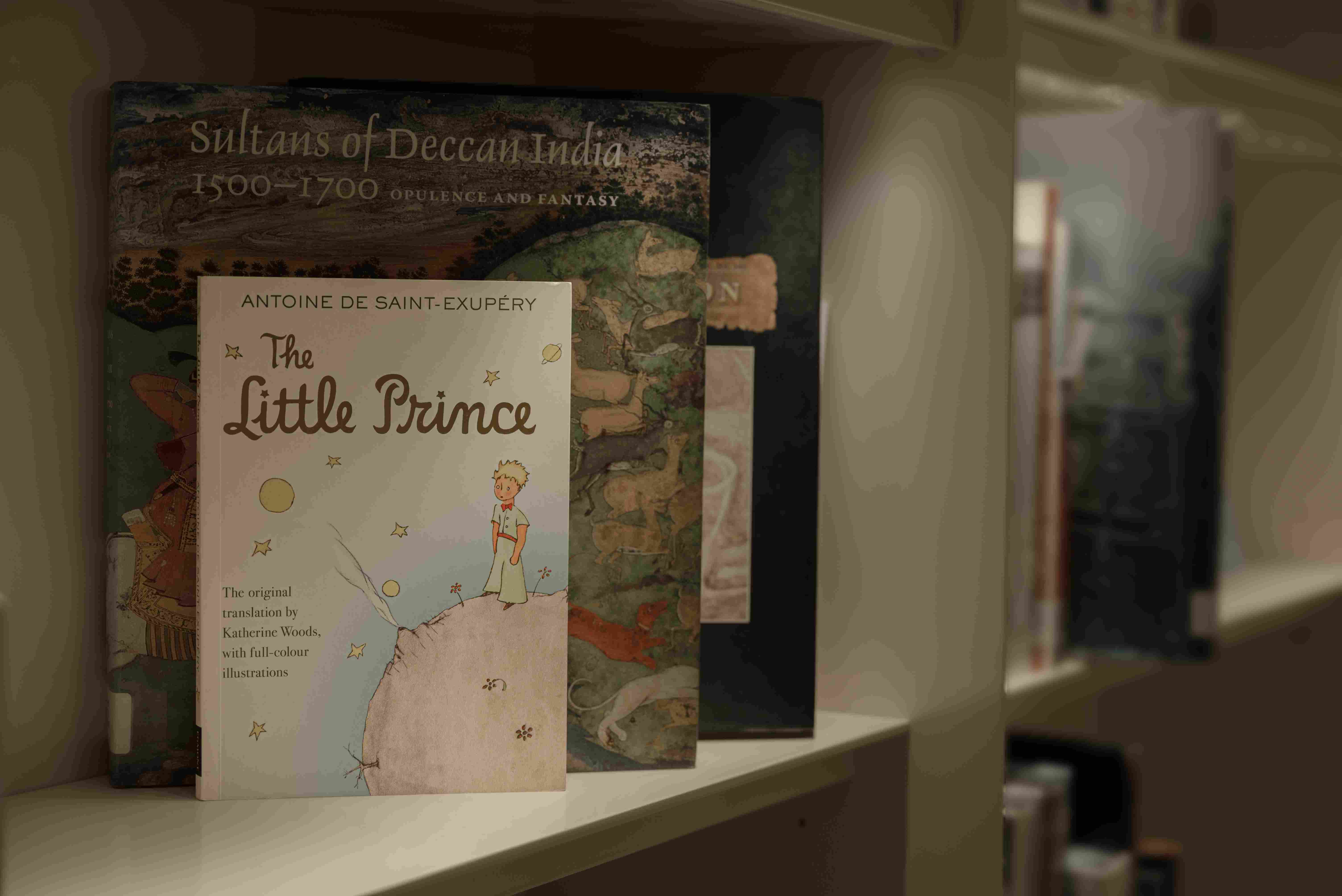
Photo by Mohammed H Abualsaud.
By Leo Tolstoy
There are many remarkable Russian novels, too many to count. Then we have Leo Tolstoy, a literary giant with many successful and timeless books, and first and foremost his 1867 War and Peace, which is considered to be one of the world’s greatest novels. It remains a powerful mirror of our times, past and present, and sadly, the future, where the title captures the human nature’s consistent contradiction of seeking peace while launching wars, the powerful realism behind these elusive concepts, and the changes in the lives of ordinary people as they navigate times of peace and war. The depth of philosophical layers, together with concepts of destiny and riddled with painful realities, makes this book one of the essential literary masterpieces that open our eyes to the history and stories of other cultures. Here we find the wealth and depth of Russian culture and how history keeps repeating itself with different characters and settings, and the forgotten aftermath of the destruction of lives and the painful journey of reconstruction that follows. One such simple wisdom goes: “There is no greatness where there is not simplicity, goodness, and truth.”
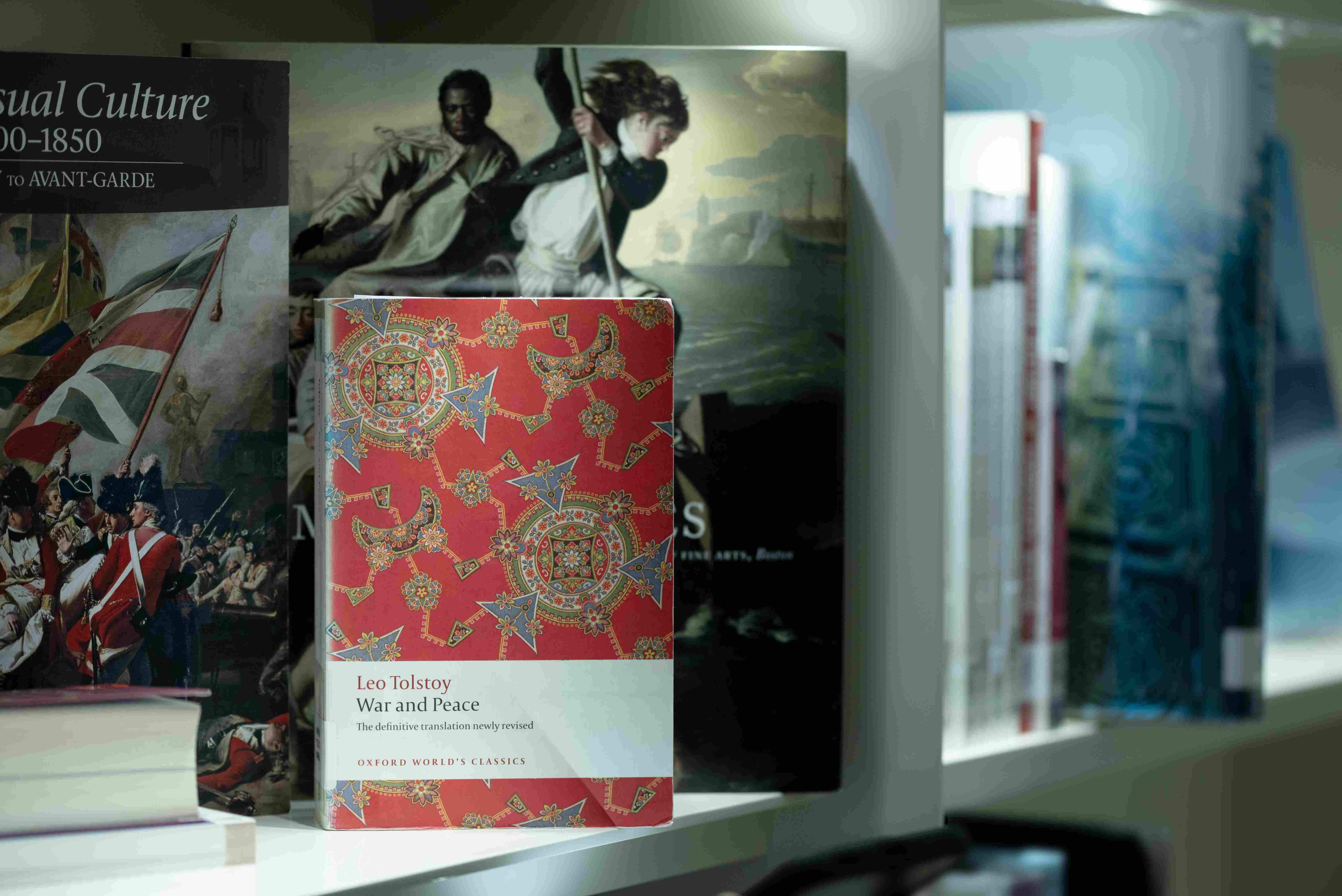
Photo by Mohammed H Abualsaud.
By Iman Mersal
“Guilt seems to be the feeling that unites mothers of all kinds.”
Far from the imagined paradise of motherhood, Iman Mersal, through this book, opens a secret door towards the torments and wounds of motherhood. From a very personal and private experience, she opens this door in an attempt to understand her son Youssef as he is diagnosed with depression. She dissects motherhood and what surrounds it before its real formation through the experience of motherhood and then what results from it afterwards. This exploration examines the questions of motherhood via the medium of photography, the presence and absence of the mother in the pictures, and the diary entries of Mersal the mother. It then concludes with a path of mourning and walking in it to immortalize the feelings of the daughter who lost her mother and the grandmother who lost the daughter at some point. This book redefines motherhood as a necessarily human act, not constrained by idealized theories, nor limited by the general collective image, and for the sake of mothers’ feeling less guilt.
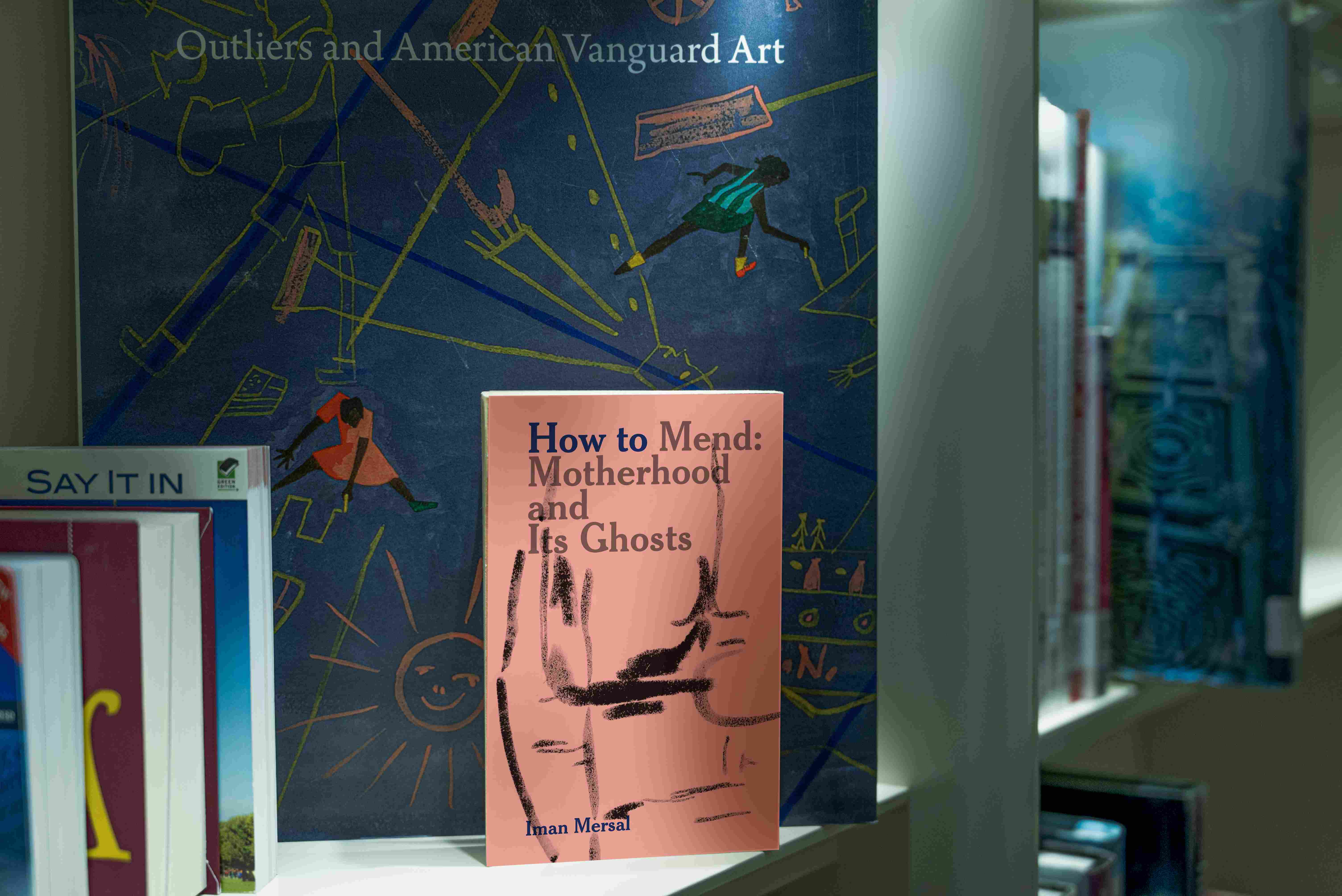
Photo by Mohammed H Abualsaud.
By Alain Borer
"Rimbaud! Rimbaud, one and only, but twice (as) great: once in poetry and once in silence."
How can a poet who did not write poetry for more than four or five years between the ages of sixteen and twenty, and then abandoned writing it altogether, be a name that cannot be ignored when talking about French poetry, and even modern poetry in the world? The writer and poet Alain Borer does not talk about poetry in Arthur Rimbaud's life, but rather opens a door to what came after that; his abandonment of poetry and his going to trade in Harar, Abyssinia. Throughout the chapters of the book, Borer follows in Rimbaud's footsteps in Ethiopia at the same age when Rimbaud first set foot in Abyssinia, in search of his stories and what remains of them, or let's say to understand his blatant desire not to be noticed by anyone by immersing himself in a distant life in which he does not coexist with the poet within him… The desire for silence.
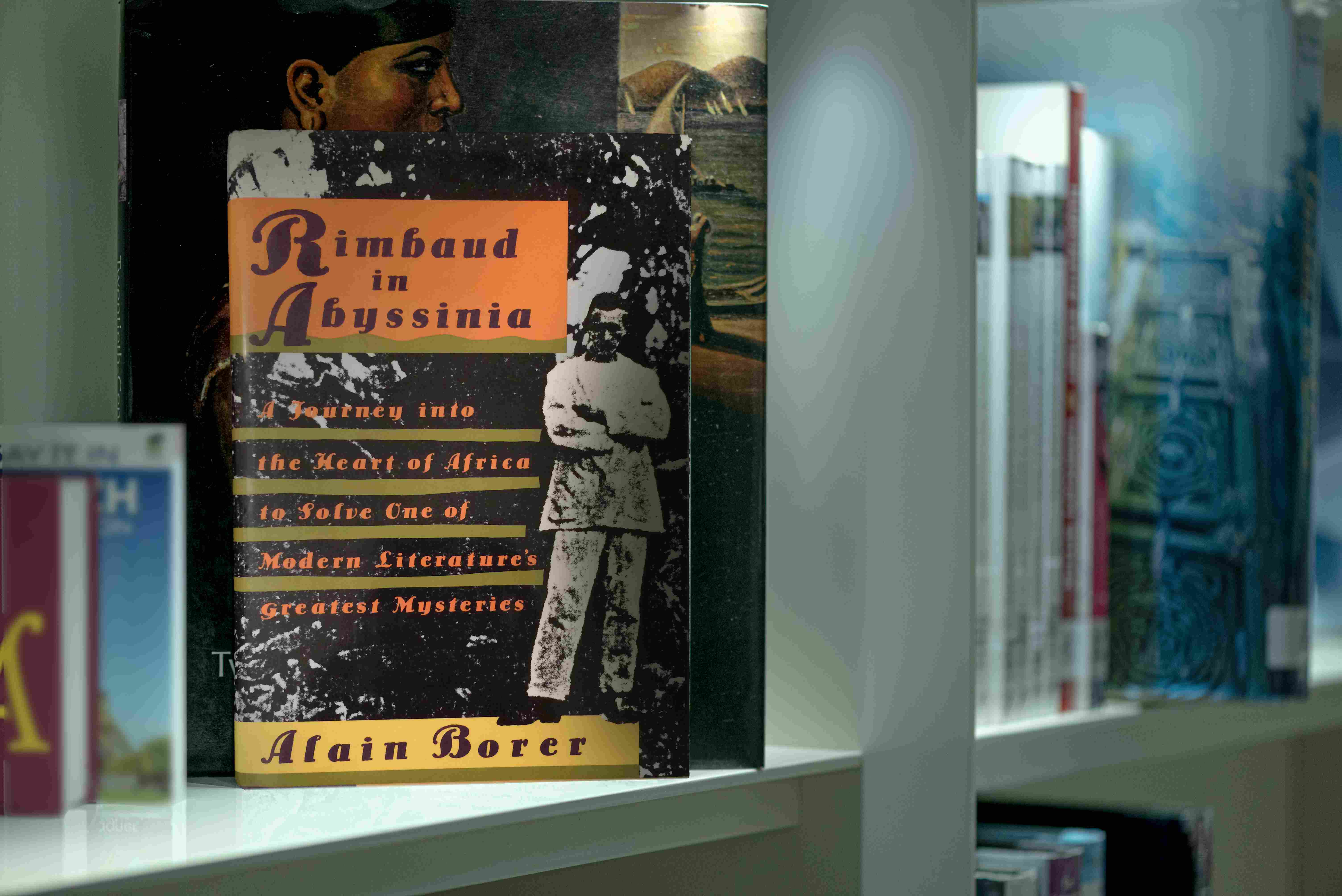
Photo by Mohammed H Abualsaud.
By Maurice Blanchot
“Tragedy, for me, is that which does not see the end as its limit: that which plunges the end into tragedy.”
Maurice Blanchot did not commit himself to writing in one form or on one topic. His writing changes, grows, and takes on different colors. This different writing had an influence on post-structuralist philosophers, including Jacques Derrida, Gilles Deleuze, Jean-Luc Nancy, and others. In The Writing of Disaster, Blanchot adopted a fragmentary writing style, opening a door to redefine the disaster, which does not have a single definition in Blanchot's dictionary, but rather began to take shape in different meanings throughout his work. In Blanchot's conception of writing, it is destined for erasure, which gives it changing connotations depending on its fate. This is why each of us can approach it with their own understanding. Is disaster what turns the world upside down? Or what spoils everything by keeping it the same? The disaster that surprises, or the disaster whose imminent arrival is felt, the incidental or the genuine? The disaster of speech, or what remains after everything is said, the ruin of speech? Dozens of doors open to redefine it, without Blanchot telling us which door he took.
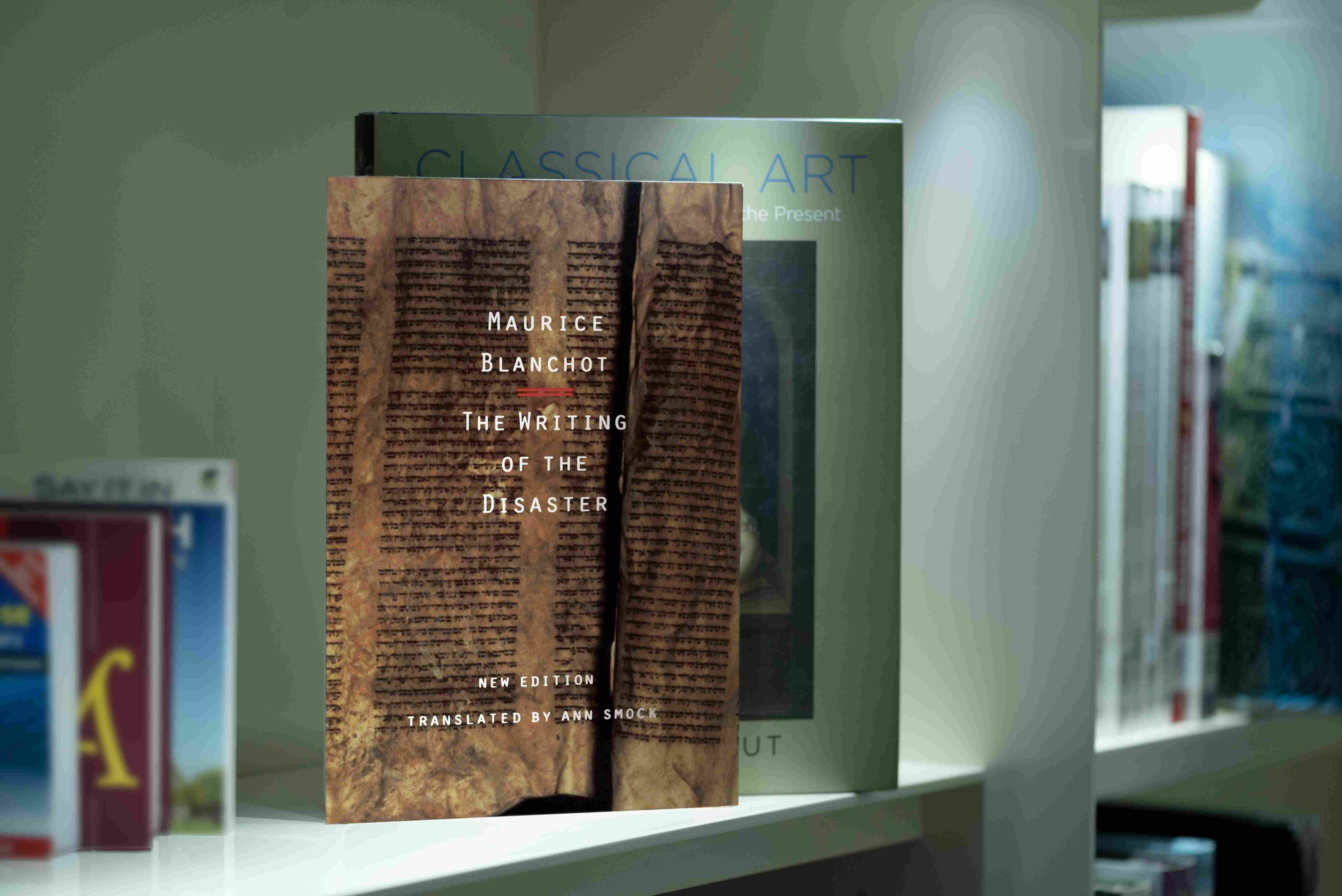
Photo by Mohammed H Abualsaud.
